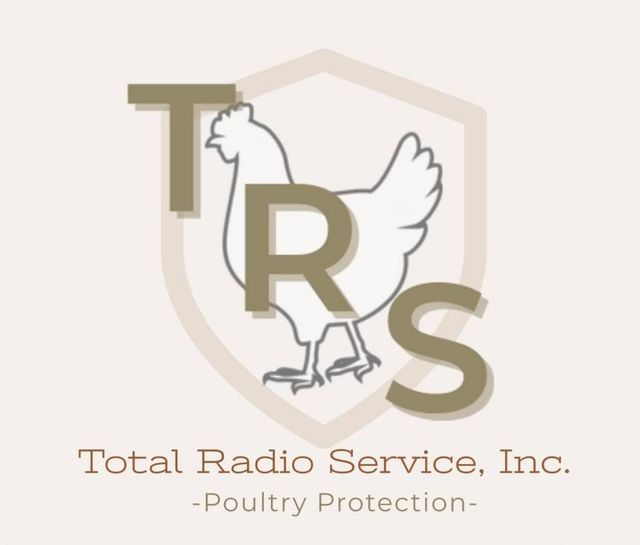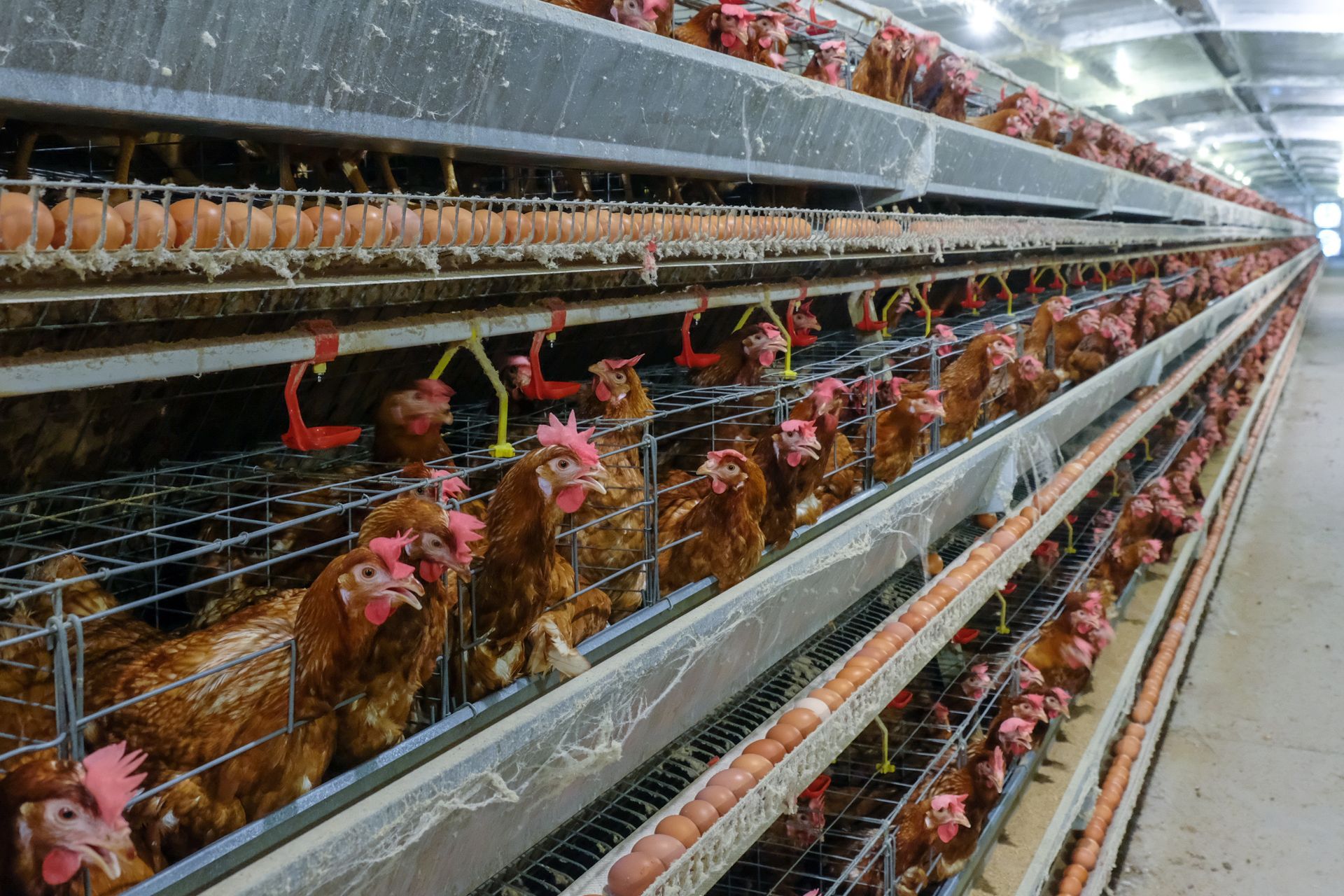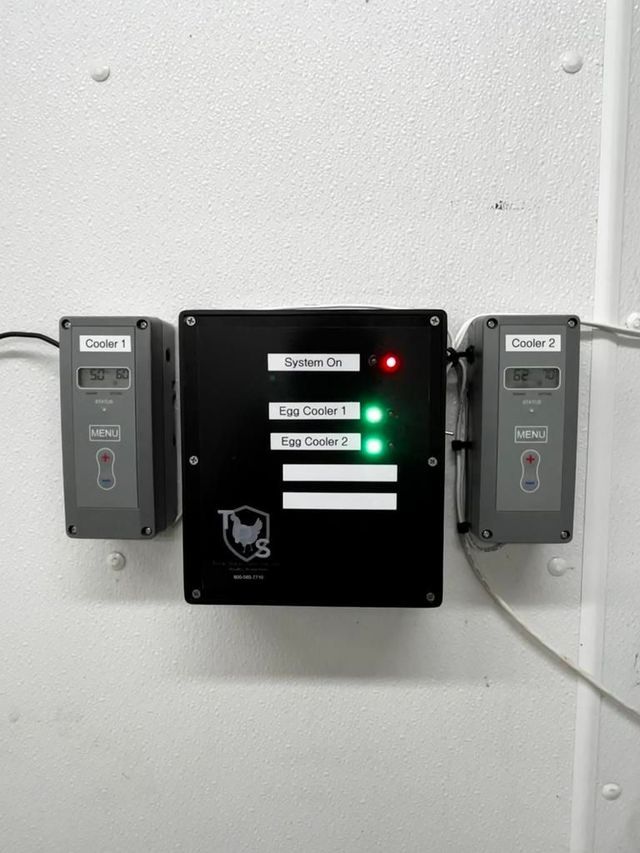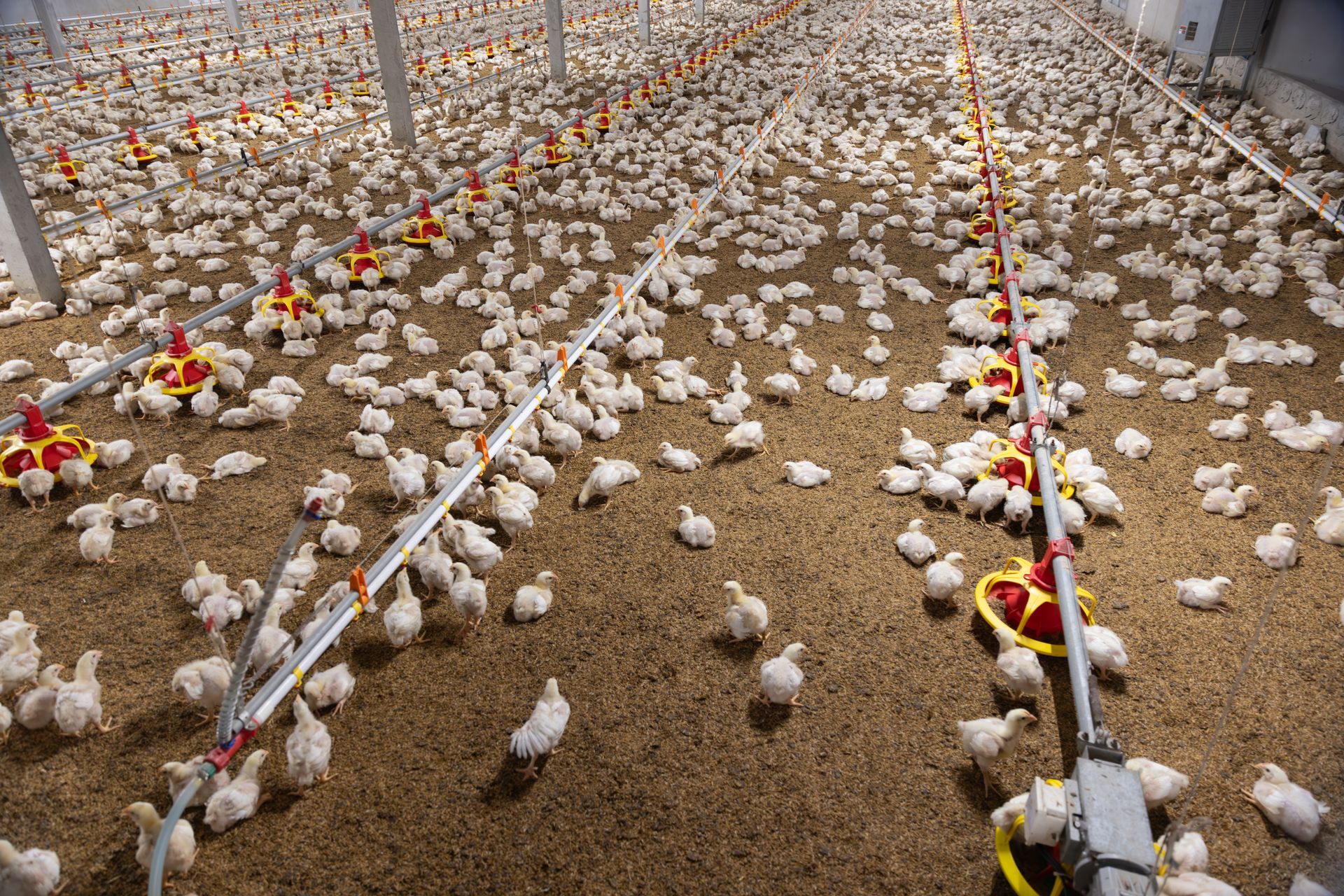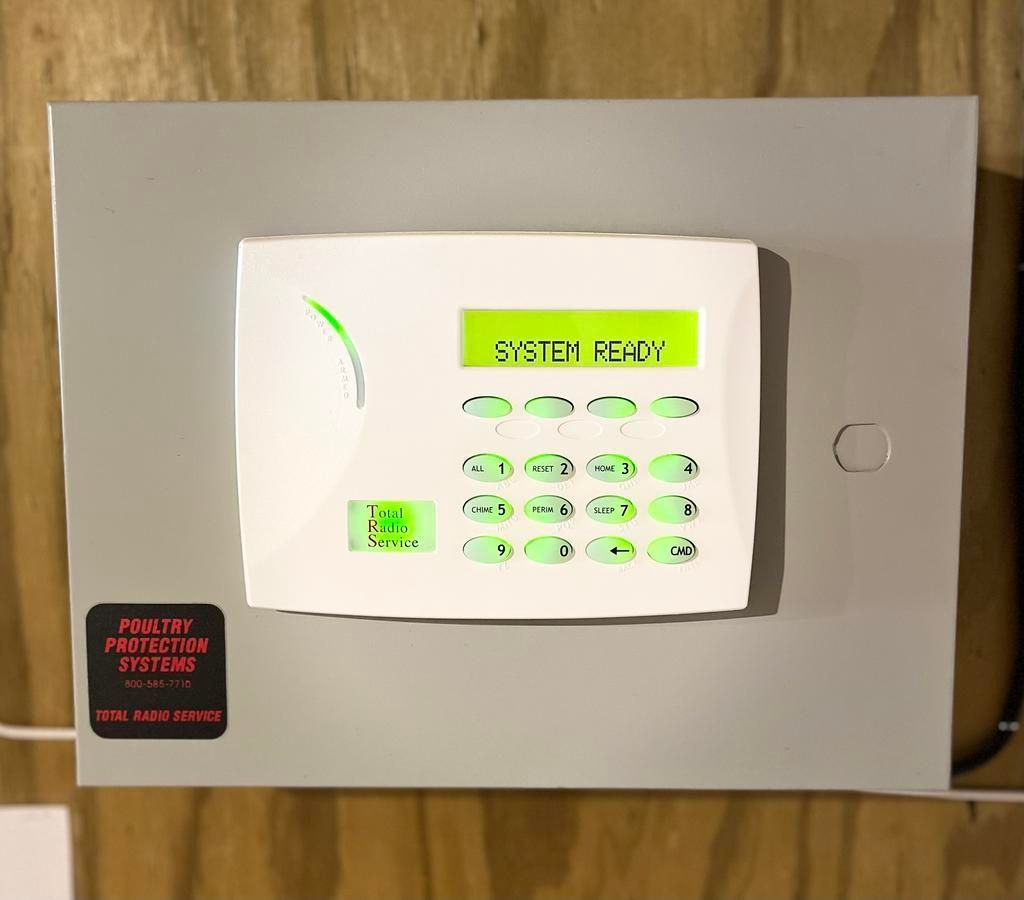CONTACT US
Blog
Understanding Industrial Alarm Systems for Manufacturing in Alabama
In Alabama’s manufacturing industry, safety, efficiency, and productivity are critical. Facilities that handle large-scale production—like poultry processing plants, metal fabrication shops, or chemical facilities—depend heavily on reliable industrial alarm systems to protect people, assets, and operations. These systems are more than just warning devices; they are the first line of defense against equipment failure, process disruption, and safety hazards.
At
Total Radio Service, Inc. in Arab, AL, we specialize in designing, installing, and maintaining alarm and communication systems tailored to industrial environments. This article explores the essential role of industrial alarms, how they integrate with
manufacturing industrial control systems, and why Alabama facilities trust expert solutions to keep their operations running safely.
The Importance of Industrial Alarm Systems in Manufacturing
Industrial environments operate with complex machinery, high energy loads, and critical processes that must be continuously monitored. When something goes wrong—a temperature spike, pressure drop, or mechanical malfunction—every second counts.
Industrial alarm systems are designed to detect abnormal conditions and immediately alert personnel. This rapid response minimizes downtime, prevents damage, and can even save lives. In manufacturing, especially in sectors like food production and heavy industry, alarms ensure compliance with safety regulations and help maintain continuous production.
Without a robust industrial alarm system, even minor issues can escalate into costly shutdowns or safety incidents. In Alabama’s thriving manufacturing sector, where industries like poultry processing are central to the economy, the right alarm infrastructure is not optional—it’s essential.
Key Components of an Effective Industrial Alarm System
An industrial alarm is part of a larger network of control and monitoring equipment. Modern systems are highly sophisticated, combining sensors, controllers, communication devices, and software to ensure seamless operation. Some of the key components include:
Sensors and Detectors
These devices monitor environmental and process variables such as temperature, pressure, vibration, or gas levels. When readings exceed safe thresholds, they trigger alarms.
Control Panels
The control panel acts as the system’s brain. It receives signals from sensors and determines the appropriate alarm response—whether that means sounding a siren, flashing lights, or sending alerts to a control room.
Notification Devices
Audible and visual indicators alert personnel to take immediate action. Some systems also integrate digital notifications, sending alerts via text, email, or control dashboards.
Integration with Control Systems
Modern
manufacturing industrial control systems integrate alarm management directly into the production process. This allows operators to view alarm data alongside production metrics, improving decision-making and efficiency.
A properly configured industrial alarm system helps operators identify problems quickly, prioritize responses, and avoid unnecessary disruptions.
How Industrial Alarms Integrate with Manufacturing Industrial Control Systems
In today’s advanced manufacturing environments, alarms no longer function as standalone systems. They are deeply connected to manufacturing industrial control systems (ICS), which automate and manage equipment and processes.
By integrating alarms into ICS, facilities gain real-time visibility into performance, safety conditions, and operational status. When an alarm triggers, the control system can automatically execute safety responses, such as shutting down specific equipment or isolating affected areas.
For example, in a poultry processing plant, an integrated industrial alarm could detect a refrigeration fault and automatically alert maintenance staff while adjusting temperature controls to prevent spoilage. This kind of automation not only enhances safety but also improves efficiency and reduces manual oversight.
Total Radio Service, Inc. designs alarm systems that work seamlessly with SCADA (Supervisory Control and Data Acquisition) and PLC (Programmable Logic Controller) setups, ensuring compatibility and reliability across industrial applications in Alabama.
Choosing the Right Industrial Alarm System in Alabama
Not all alarm systems are created equal. Choosing the right setup for your Alabama manufacturing facility depends on your operation’s size, type, and risk profile. Here are several key factors to consider:
Industry-Specific Requirements
Certain industries, such as poultry or food processing, require specialized monitoring for temperature, humidity, and sanitation conditions. Other industries, like metal or chemical manufacturing, may prioritize pressure and fire detection.
Scalability and Flexibility
Your system should grow with your operation. A scalable
industrial alarm system allows you to add sensors and features as your facility expands.
Integration Capability
Look for alarm solutions that can integrate with your current
manufacturing industrial control systems. This ensures streamlined communication and efficient data management.
Reliability and Maintenance Support
Partnering with a trusted Alabama provider like
Total Radio Service, Inc. ensures your system remains reliable through professional installation, routine maintenance, and 24/7 support.
An expert assessment from our team can help determine the most effective configuration for your facility, whether you need environmental alarms, fire detection, or process monitoring systems.
Why Alabama Manufacturers Trust Total Radio Service, Inc.
With decades of experience serving industries across Alabama,
Total Radio Service, Inc. has built a reputation for reliability, technical expertise, and commitment to safety. Our team understands the specific needs of local manufacturers—from poultry facilities in North Alabama to heavy industrial operations across the state.
We offer comprehensive alarm solutions that include system design, installation, integration, and ongoing maintenance. Each system is customized to meet industry standards and regulatory requirements while maximizing efficiency and uptime.
When it comes to installing or upgrading an industrial alarm in Alabama, our clients trust
Total Radio Service, Inc. to deliver dependable technology backed by unmatched customer service.
If you’re ready to improve your facility’s safety and efficiency, we’re here to help.
Contact Total Radio Service, Inc. Today to Install an Industrial Alarm System
Protect your manufacturing facility with a state-of-the-art
industrial alarm system designed for reliability and precision. We also install
security alarms,
HVAC controls,
wireless cameras, and
more. At
Total Radio Service, Inc., we combine advanced technology with hands-on expertise to create alarm and communication systems that meet your operational needs.
Call us today at
(800) 585-7710 to discuss your project or request a consultation. Let our team help you build a safer, smarter, and more productive industrial environment.
FAQs
What is an industrial alarm system used for?
An industrial alarm system monitors critical processes and equipment in manufacturing facilities, alerting operators when conditions deviate from safe parameters. It helps prevent damage, downtime, and safety incidents.
How do industrial alarms work with control systems?
Industrial alarms integrate with manufacturing industrial control systems to provide real-time alerts and automated responses. This allows operators to take immediate corrective action and maintain operational safety.
Are industrial alarm systems customizable?
Yes. Industrial alarms can be tailored to your specific operation, whether you need temperature, gas, vibration, or pressure monitoring. Customization ensures that the system matches your facility’s exact safety requirements.
How often should industrial alarm systems be maintained?
Routine maintenance is essential. Most experts recommend professional inspection and testing at least once a year to ensure sensors, control panels, and alerts are functioning correctly.
Why should I choose a local company for my industrial alarm in Alabama?
Working with a local expert like Total Radio Service, Inc. ensures faster response times, personalized service, and a better understanding of regional manufacturing needs and regulations.
